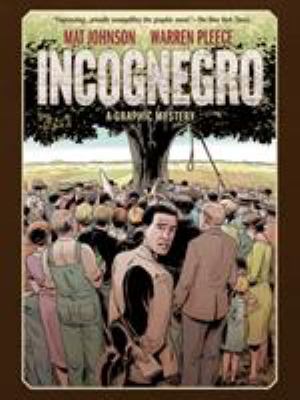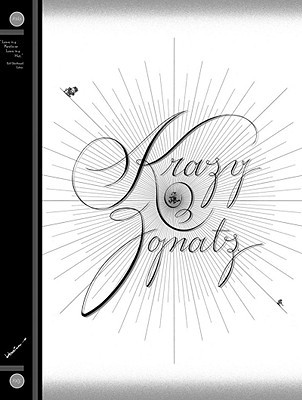February is Black History month, a time when we celebrate the contributions Black Americans have made to our country. Black Americans have contributed greatly to our nation’s legacy of arts and letters, including comics and graphic novels. Here are a few outstanding examples of graphic novels for Black History month:

March (Books 1-3)
By John Lewis, Andrew Aydin, and Nate Powell
Teen Nonfiction
U.S. Congressman John Lewis tells the story of the Civil Rights movement, and his personal involvement in it through this award-winning graphic trilogy. March: Book Two won an Eisner Award, and March: Book Three won the National Book Award and the Coretta Scott King Book Award.

Black Panther: A Nation Under Our Feet
By Ta-Nehisi Coates and Brian Stelfreeze
Adult Nonfiction
Black Panther was the first black superhero to appear in mainstream comics. National Book Award winner and Macarthur Genius grant recipient Ta-Nehisi Coates takes up the Black Panther mantle for this fascinating run of Marvel’s Black Panther.

Incognegro
By Mat Johnson
Adult Nonfiction
Inspired by the story of former NAACP head Walter White, Incognegro is the story of Zane Pinchback, a New York reporter who uses his light skin to pass as a white reporter investigating lynchings in the deep south in the early 20th century.

Octavia E. Butler’s Kindred: A Graphic Novel Adaptation
By Octavia Butler, Damian Duffy, and John Jennings
Teen Nonfiction & eBook
Science fiction has long been an excellent means for examining the human condition, and this is powerfully seen in the works of Octavia E. Butler. This graphic novel adaptation of Butler’s classic Kindred delves into the legacy of slavery and violence in American history when a young black woman is transported from 1970s California to the antebellum south.

Krazy and Ignatz
By George Herriman
Adult Nonfiction
George Herriman is one of the most influential comics and illustrators in American history. His long-running comic strip Krazy Kat influenced generations of American illustrators from R. Crumb to Charles M. Schulz and Bill Watterson. Though he was seen as white throughout his life, Herriman was born to mixed-race parents in New Orleans. His racial heritage was brought to light in the 1970s, and has contributed to examinations of how writers and creators of color were perceived throughout the 20th century.
Written by Nathan, Programming Librarian




